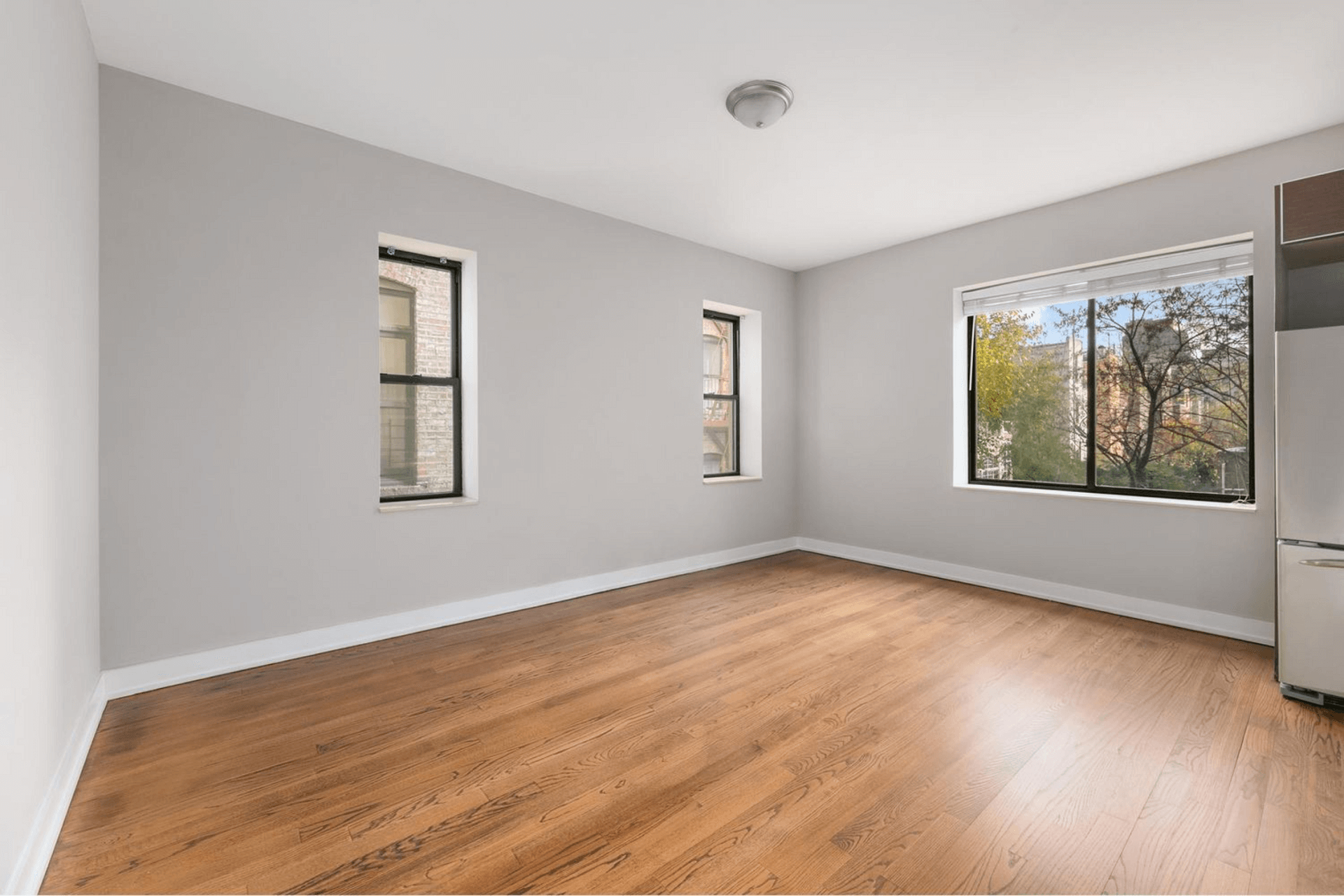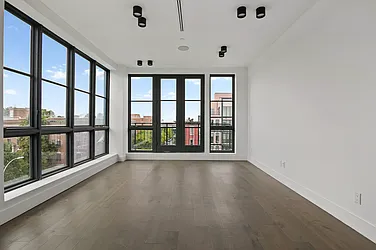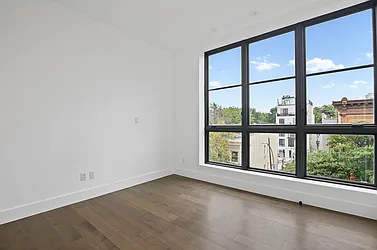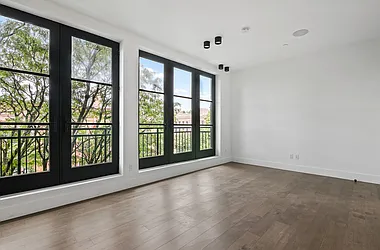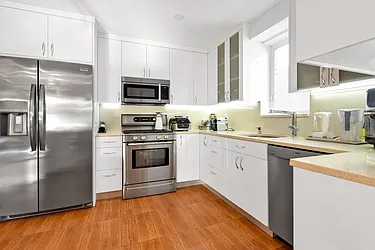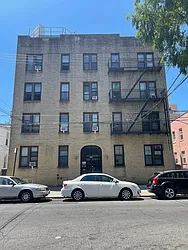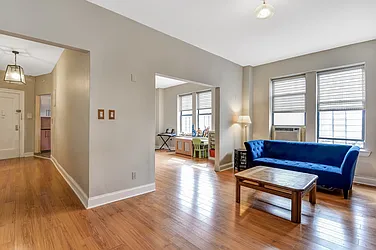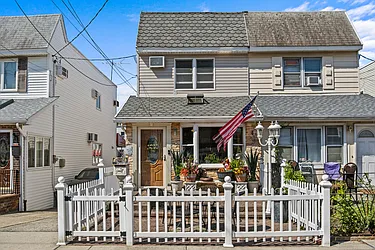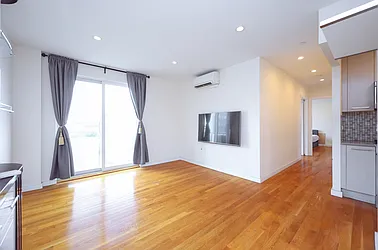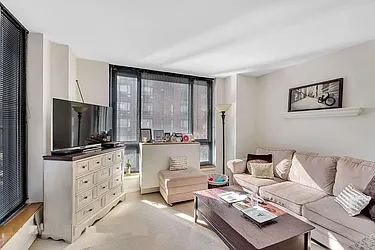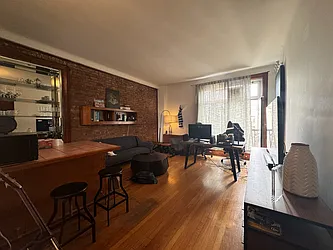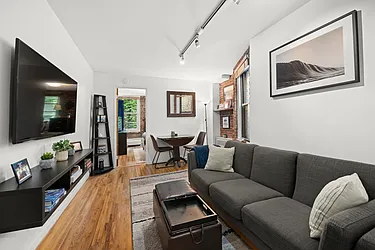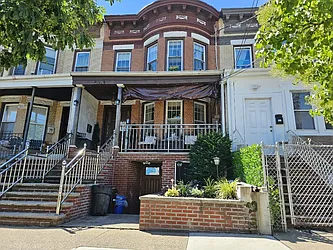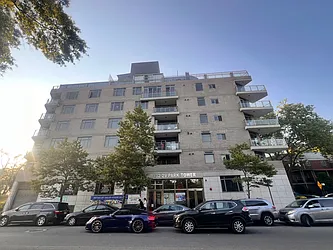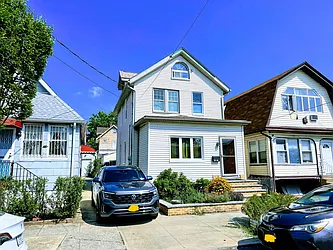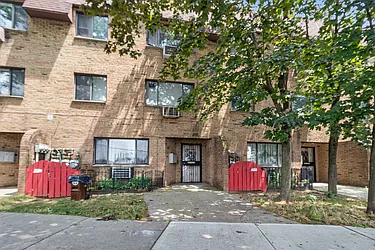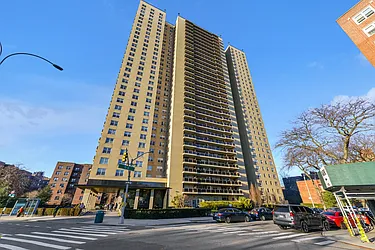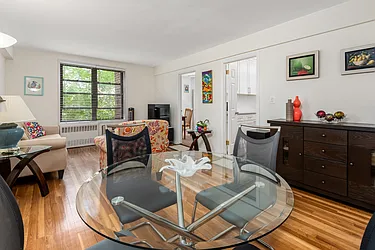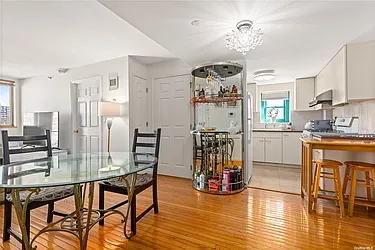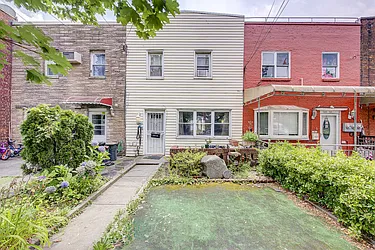Buying Your First Home in NYC
Buying a home in NYC is complicated, but rewarding. If you're a first-time home buyer, or even a returning buyer who needs a refresher, this guide will provide you with tips and strategies for your home-buying journey.
A few of the topics covered in this guide include: how to find your dream home, how to find a buyer's agent, how to prepare for a co-op board interview (and what even is a co-op vs. a condo?), information about home inspections, home loans and mortgages, and much more! We hope these articles will help you make educated decisions and feel a little more confident as you begin this journey — whether you're a first-time home buyer or a real estate veteran. Happy home shopping!You’ve just submitted the winning bid on your dream home. Congrats! But before you pop the champagne, know there’s still a string of hurdles and to-dos between your offer and closing. Along with getting your finances in order — and in some cases submitting a board application — your bank will want a home appraisal. But what exactly does that mean? Here’s everything you need to know about getting your home appraised in NYC.
Brooklyn Homes Under $1M on StreetEasy Article continues below
What Is a Home Appraisal?
In real estate, a home appraisal assesses a property’s value at a specific point in time. The mortgage lender needs this information to underwrite a loan, because the property’s value acts as collateral for the loan. In a nutshell, the home appraisal ensures that the property is worth the purchase price. Essentially, it’s how the lender protects itself if the borrower were to stop making their mortgage payments. If a foreclosure occurs and the property gets sold off, the lender theoretically gets all its money back.
You may be wondering, who performs the home appraisal? Typically the lender sends a non-biased, third-party appraiser to evaluate the property at your expense, as part of your closing costs. You can expect to pay anywhere from a few hundred dollars to a couple of thousand.
How Are Home Values Determined?
There are two major processes that a home appraiser uses to create a valuation. First, there are the property’s physical attributes, including size, location, and condition, which an appraiser can evaluate during an inspection. Second, the appraiser compares the property at hand to similar, comparable properties (also called “comps”) that have recently sold, and makes price adjustments for differences like renovations, extra storage space, views, and the like.
Manhattan Homes Under $1M on StreetEasy Article continues below
What Do Sellers Need to Know About a Home Appraisal?
If you’re thinking about selling your NYC home, start with the StreetEasy Valuation tool, which provides our estimate of your home’s value. In general, though, sellers won’t need a home appraisal, as your real estate agent should help you understand pricing strategies, comp property sales figures, and realistic price points. That said, if you talk to different agents who give you drastically different price ranges, you might want to hire a non-biased appraiser to get an accurate valuation.
Sellers should keep in mind that once their property is in contract, the buyer’s lender will require a home appraisal. And if the valuation differs from the purchase price, that can potentially kill the deal.
How much is your NYC home worth?
GET STREETEASY VALUATIONWhat You Should Know If You’re Refinancing Your Home
To refinance your mortgage, you’ll likely need another home appraisal to reassess your property’s value. Here a pro tip: treat your refinancing appraisal appointment like you’re getting ready for houseguests. In other words, clean up! “You want your home to look its best,” advises Jonathan Miller, President and CEO of NYC-based real estate appraisal and consulting firm Miller Samuel Inc. “Appraisers are human beings — so some may think a messy home implies that other significant issues that impact home value are neglected.” So get out your broom, take out the trash, and tidy up, and you’ll be in a much better position.
What If You Get a Bad Home Appraisal?
So what happens if your home appraisal comes in lower than the amount you just agreed to pay for your new home? First, take a deep breath and try to understand the assessment. “Just because it doesn’t meet the number you need to get the mortgage doesn’t mean it’s wrong,” Miller explains. “We’re not in the business of making borrowers happy; we’re in the business of providing a neutral, market value benchmark for the lender.”
Suppose you believe that the home appraisal isn’t correct. What should you do? Consider combing through the appraisal report and then submitting a Reconsideration of Value (ROV) request to your bank, accompanied by evidence, a.k.a. cold hard facts. Maybe your appraiser was from outside of the city and didn’t pick accurate comps, or left out a crucial piece of information about the property. If the bank does determine that your claim has value — again, backed up by facts — they might allow for a second assessment, and either average both home appraisals or possibly even throw out the initial one. All that said, getting an initial home appraisal dismissed is an unlikely and difficult path to pursue.
Queens Homes Under $1M on StreetEasy Article continues below
More Options for Handling Bad Home Appraisals
Your next option is to come up with more money to make up the difference between the home appraisal value and what you’ve agreed to pay for your new home. In most cases, that means increasing your down payment to make up the difference.
In other cases, you may want to renegotiate with the seller to bring down the purchase price to be more in line with the home appraisal value. Granted, this can also be a tricky path, especially in a sellers’ market.
If the price difference is slight, you might be able to get an exception from your lender. That means the bank will lend you the amount you need based on other qualifications, like having an exceptionally high credit score or a hefty savings account.
Lastly, you could use a different lender, which will start a brand new home appraisal process. As daunting as that might sound, it could save you time and energy, as fighting a lousy home appraisal can be a massive headache.
Disclaimer: StreetEasy Valuation is our estimate for a home’s market value and is not an appraisal. Use it as a starting point to determine your home value and monthly rental price.
